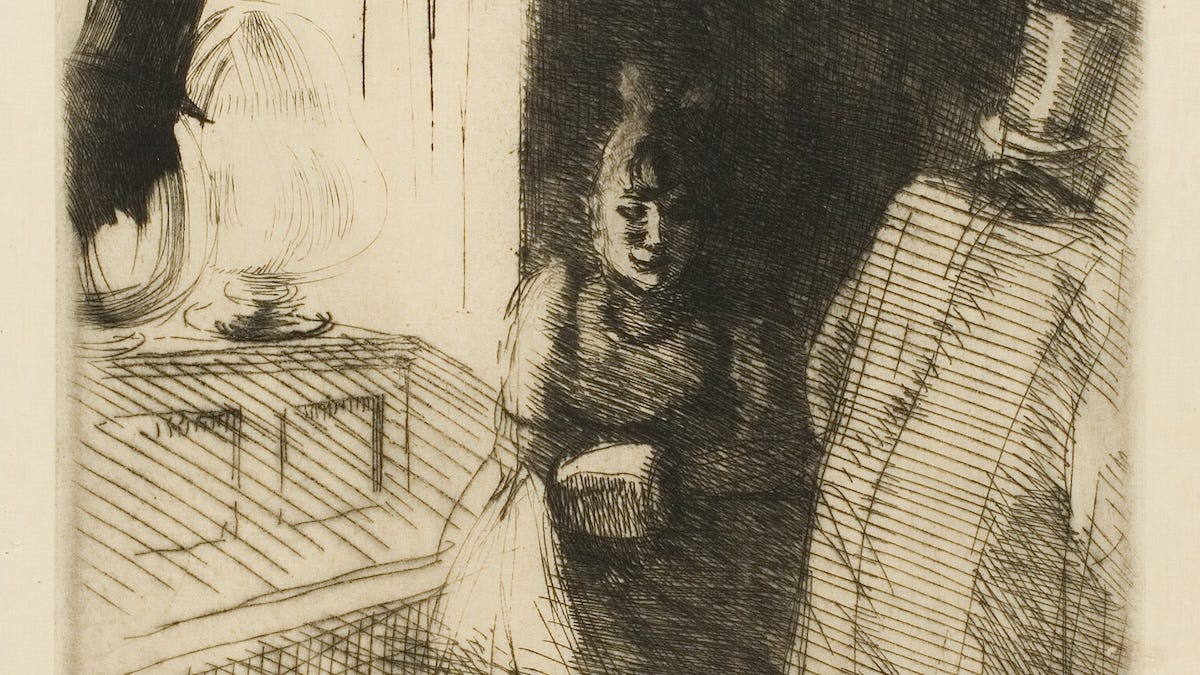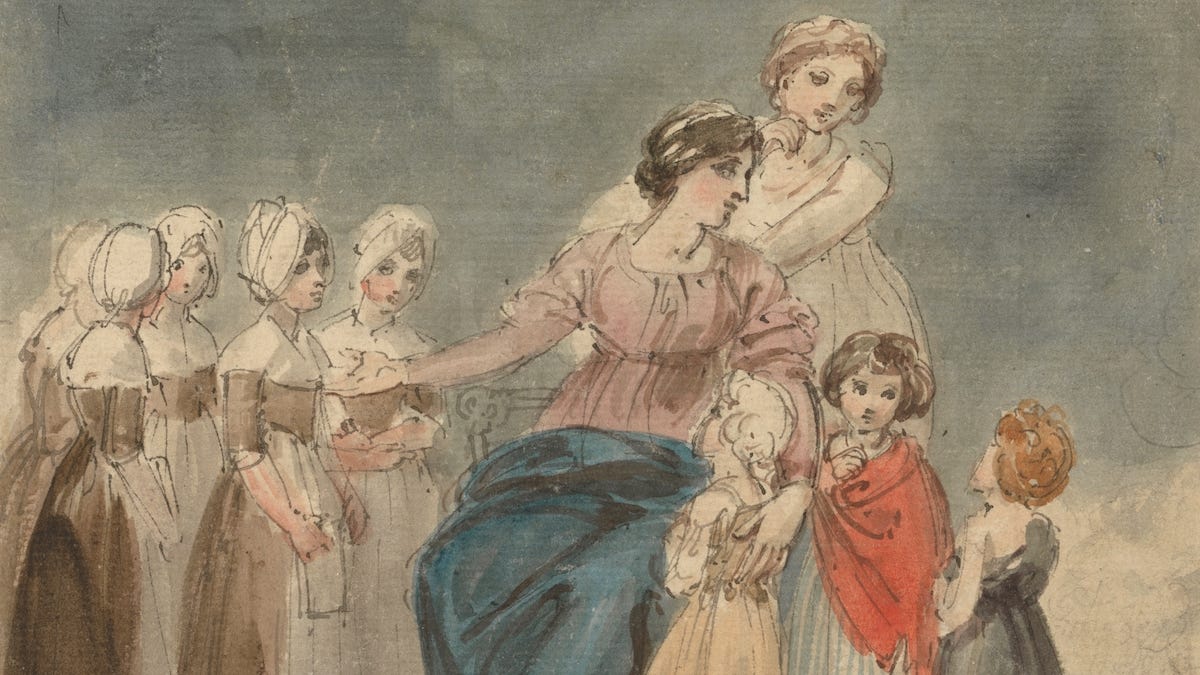How (Not) to Abolish a Vice
Punishment is always easier than prevention—that’s why we keep going back to it.
This week, Featured Author Philip Jeffery reviews Empire of Purity, a new book on the history of campaigns to abolish prostitution. Jeffery argues that modern-day attempts to fight human trafficking risk repeating the mistakes of their forerunners, degrading into punitive nationalism and ignoring the root causes of prostitution.
How (Not) to Abolish a Vice
Philip Jeffery
Sound of Freedom repeats the events of Empire of Purity: crusading Americans enter another country claiming to be vanguards of civilization, but their ability to throw cash around in an impoverished society becomes the occasion for the very vices they’re supposedly there to combat.
Given the nebulous nature of “trafficking” as a category and a lack of appetite to either work with international institutions or to address inequality, it becomes all too easy for cynical political figures to deploy rhetoric about human trafficking in service of other agendas. A century ago, anti-prostitution activists supported immigration restriction because it promised to keep American society pure from what they perceived as outside immorality. Today, trafficking has again become a justification to restrict immigration and cast suspicion on recent migrants. Within the last few months, the Trump administration has demolished anti-trafficking federal agencies that exist outside the aegis of immigration enforcement, and the president himself mentions trafficking only as a reason to deport migrants. Once again, the nationalist project has swallowed the moral one.
This Week in Sex-Realist Feminism:
This week: Sean Fischer on the new app that’s helping men quit porn, Beatrice Scudeler on the insidiousness of modern-day eugenics, and Kaeley Triller Harms on what Lauren Southern’s story teaches us about rape culture. Plus: why marriage survives, why girlboss vs. tradwife discourse needs to end, reasons to stop normalizing vasectomies—and more!
From the Archives:
ICYMI: Caleb Morell reviewed Pity For Evil: Suffrage, Abortion, and Women’s Empowerment in Reconstruction America, which tells the story of pioneering social reformers who sought to address the root causes of abortion with a strategy of prevention, not punishment.
The Ones Who Fought Back: Pro-Life Feminism in the Nineteenth Century
Caleb Morell
That a woman would voluntarily undergo an abortion was unthinkable to these social reformers. They thus focused on the social problems—economic conditions, industrialization, declining marriage rates—that resulted in abortions. They knew that creating safe homes and state-run hospitals for unmarried mothers was more conducive to protecting infants from abortion than putting women in jail.






